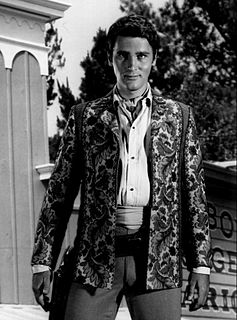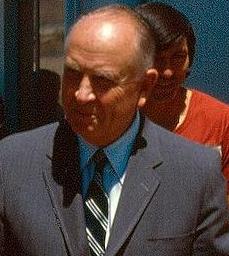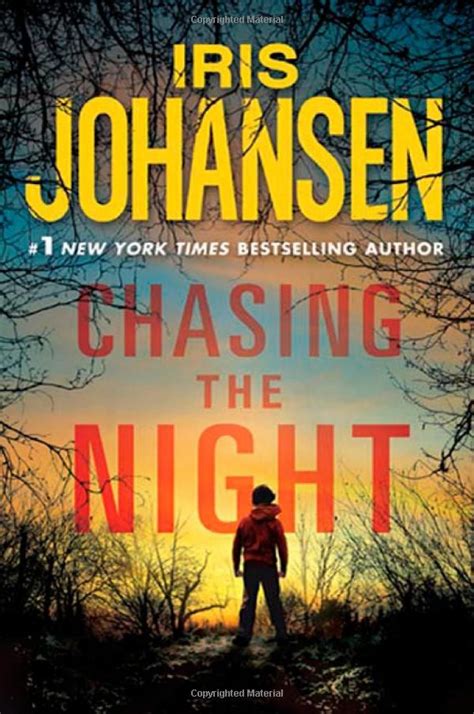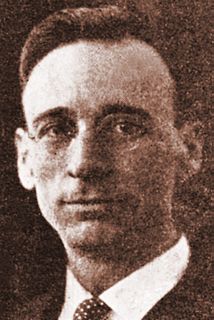A Quote by Julian Barnes
Back then, things were plainer: less money, no electronic devices, little fashion tyranny, no girlfriends. There was nothing to distract us from our human and filial duty which was to study, pass exams, use those qualifications to find a job, and then put together a way of life unthreateningly fuller than that of our parents, who would approve, while privately comparing it to their own earlier lives, which had been simpler, and therefore superior.
Quote Topics
Approve
Back
Been
Comparing
Devices
Distract
Duty
Earlier
Electronic
Electronic Devices
Exams
Fashion
Filial
Filial Duty
Find
Fuller
Girlfriends
Had
Human
Job
Less
Less Money
Life
Little
Lives
Money
Nothing
Our
Own
Parents
Pass
Privately
Put
Qualifications
Simpler
Study
Superior
Than
Then
Therefore
Things
Those
Together
Tyranny
Us
Use
Way
Were
Which
While
Would
Related Quotes
At the time in our lives that we met, we had both made our mistakes. If chance would have had it that we would have met at an earlier stage, we might not have had the discoveries together that we did have and found those things in life together that were valuable to us at a later point in life when we were both more mature.
Nobody really owns anything. We give back our bodies at the end of our lives. We own our thoughts, but everything else is just borrowed. We use it for a while, then pass it on.
Everything.
We borrow the sun that shines on us today from the people on the other side of the world while they borrow the moon from us. Then we give it back. We can't keep the sun, no matter how afraid we are of the dark.
'Our parents' generation had it a lot tougher than we did. They had to live through the Depression, World War II, and then they had to, you know, try to pick up the pieces of their lives and bring up their children. And, it was a great example for us. I guess we grew up with a certain amount of the ethics our parents had, which is, you know: work hard, make your own way, be independent.
We're trained to believe we should cling to one person only. Yet there are so many people who pass in and out of our lives. Good people, worth people, interesting people. Most of them stay for a little while and then move on. Some of them find a place with us and, if we let them, they enrich us. Don't close yourself off from the rest of the world, Eve. If you find someone who can make you understand a little more, laugh every now and then, give you a new experience, then never feel guilty. You'll just have more to give back to those who are closest to you.
Our first duty to liberty is to keep our own. But it is also our duty - as Europeans - to keep alive in the Eastern as well as the Western half of our continent those ideas of human dignity which Europe gave to the world. Let us therefore resolve to keep the lamps of freedom burning bright so that all who look to the West from the shadows of the East need not doubt that we remain true to those human and spiritual values that lie at the heart of European civilization.
What do you mean less than nothing? I don't think there is any such thing as less than nothing. Nothing is absolutely the limit of nothingness. It's the lowest you can go. It's the end of the line. How can something be less than nothing? If there were something that was less than nothing, then nothing would not be nothing, it would be something - even though it's just a very little bit of something. But if nothing is nothing, then nothing has nothing that is less than it is.
There is a certain indolence in us, a wish not to be disturbed, which tempts us to think that when things are quiet, all is well. Subconsciously, we tend to give the preference to 'social peace,' though it be only apparent, because our lives and possessions seem then secure. Actually, human beings acquiesce too easily in evil conditions; they rebel far too little and too seldom. There is nothing noble about acquiescence in a cramped life or mere submission to superior force.
If men lived like men indeed, their houses would be temples -- temples which we should hardly dare to injure, and in which it would make us holy to be permitted to live; and there must be a strange dissolution of natural affection, a strange unthankfulness for all that homes have given and parents taught, a strange consciousness that we have been unfaithful to our fathers honor, or that our own lives are not such as would make our dwellings sacred to our children, when each man would fain build to himself, and build for the little revolution of his own life only.
It didn't matter in the end how old they had been, or that they were girls, but only that we had loved them, and that they hadn't heard us calling, still do not hear us, up here in the tree house with our thinning hair and soft bellies, calling them out of those rooms where they went to be alone for all time, alone in suicide, which is deeper than death, and where we will never find the pieces to put them back together.
Were the succession of stars endless, then the background of the sky would present us an uniform luminosity, like that displayed by the Galaxy-since there could be absolutely no point, in all that background, at which would not exist a star. The only mode, therefore, in which, under such a state of affairs, we could comprehend the voids which our telescopes find in innumerable directions, would be by supposing the distance of the invisible background so immense that no ray from it has yet been able to reach us at all.
We cut these numerous windings in our destinies daily with our own hands, while we imagine that we are pursuing a track on the royal high road of respectability and duty, and then complain of those ways being so intricate and so dark. We stand bewildered before the mystery of our own making, and the riddles of life that we will not solve, and then accuse the great Sphinx of devouring us.
The significance of our lives and our fragile planet is then determined only by our own wisdom and courage. We are the custodians of life's meaning. We long for a Parent to care for us, to forgive us our errors, to save us from our childish mistakes. But knowledge is preferable to ignorance. Better by far to embrace the hard truth than a reassuring fable. If we crave some cosmic purpose, then let us find ourselves a worthy goal.
Once we're able to see this world as an illusion and a phantasm, then we can see everything that happens to us as a dream, as something that pretended to exist while we were sleeping. And we will become subtly and profoundly indifferent towards all of life's setbacks and calamities. Those who die turned a corner, which is why we've stopped seeing them; those who suffer pass before us like a nightmare, if we feel, or like an unpleasant daydream, if we think. And even our own suffering won't be more than this nothingness.






































